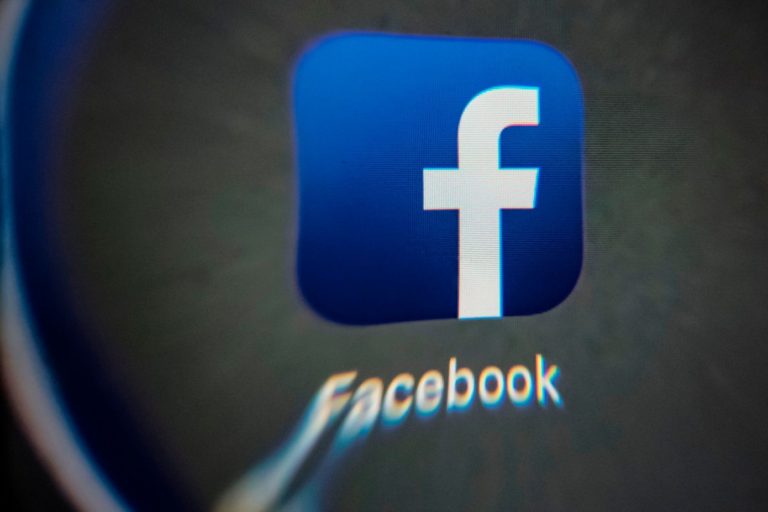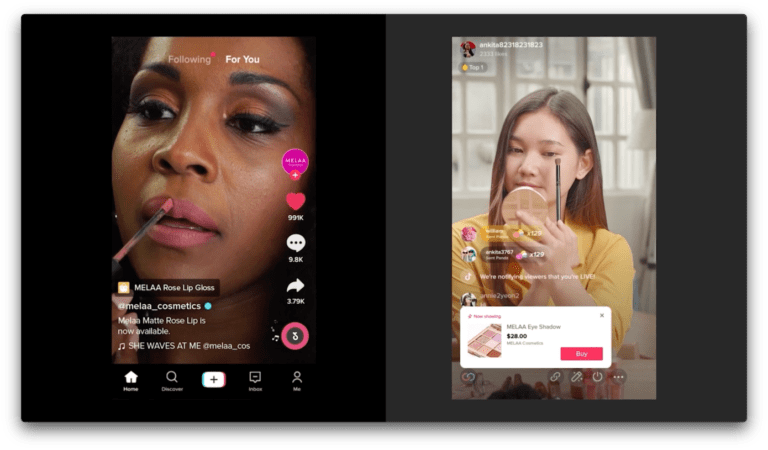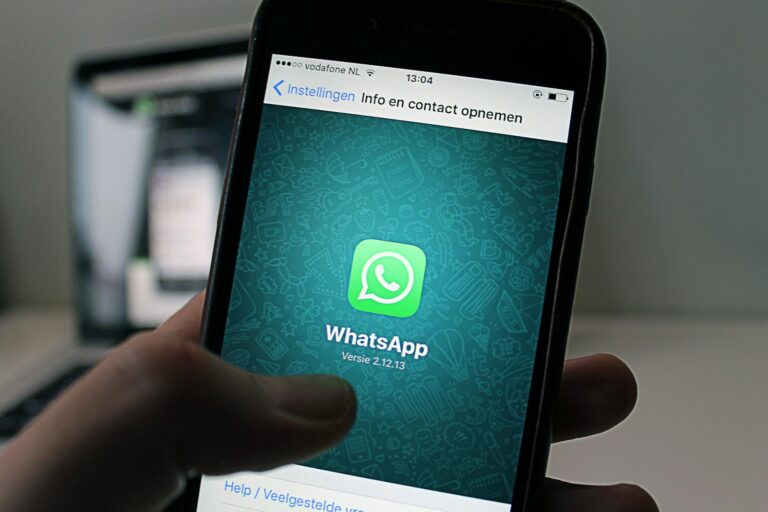Are Our Smartphones Making Us Dopamine Addicts?

Are Our Smartphones Making Us Dopamine Addicts? Ask, addiction expert Dr. Anna Lembke.
Written by David
“According to addiction expert Dr Anna Lembke, our smartphones are making us dopamine junkies,” reports the Guardian, “with each swipe, like and tweet feeding our habit…”As the chief of Stanford University’s dual diagnosis addiction clinic (which caters to people with more than one disorder), Lembke has spent the past 25-plus years treating patients addicted to everything from heroin, gambling and sex to video games, Botox and ice baths…
Her new book, Dopamine Nation, emphasises that we are now all addicts to a degree. She calls the smartphone the “modern-day hypodermic needle”: we turn to it for quick hits, seeking attention, validation and distraction with each swipe, like and tweet.
Since the turn of the millennium, behavioural (as opposed to substance) addictions have soared. Every spare second is an opportunity to be stimulated… “We’re seeing a huge explosion in the numbers of people struggling with minor addictions,” says Lembke.
That has consequences. Although we have endless founts of fun at our fingertips, “the data shows we’re less and less happy,” she says. Global depression rates have been climbing significantly in the past 30 years and, according to a World Happiness Report, people in high-income countries have become more unhappy over the past decade or so.
We’ve forgotten how to be alone with our thoughts. We’re forever “interrupting ourselves”, as Lembke puts it, for a quick digital hit, meaning we rarely concentrate on taxing tasks for long or get into a creative flow. For many, the pandemic has exacerbated dependence on social media and other digital vices, as well as alcohol and drugs.
Addiction is a spectrum disorder: it’s not as simple as being an addict or not being an addict. It’s deemed worthy of clinical care when it “significantly interferes” with someone’s life and ability to function, but when it comes to minor digital attachments, the effect is pernicious.
“It gets into philosophical questions: how is the time I’m spending on my phone in subtle ways affecting my ability to be a good parent, spouse or friend?” says Lembke. “I do believe there is a cost — one that I don’t think we fully recognise because it’s hard to [see it] when you’re in it….”
“It’s very different from how life used to be, when we had to tolerate a lot more distress,” says Lembke. “We’re losing our capacity to delay gratification, solve problems and deal with frustration and pain in its many different forms.”
The solution, according to the article, is dopamine fasts — “the longer, the better…to reset our brain’s pathways and gain perspective on how our dependency affects us,” eventually attaining the lost art of moderation.







